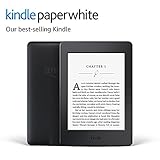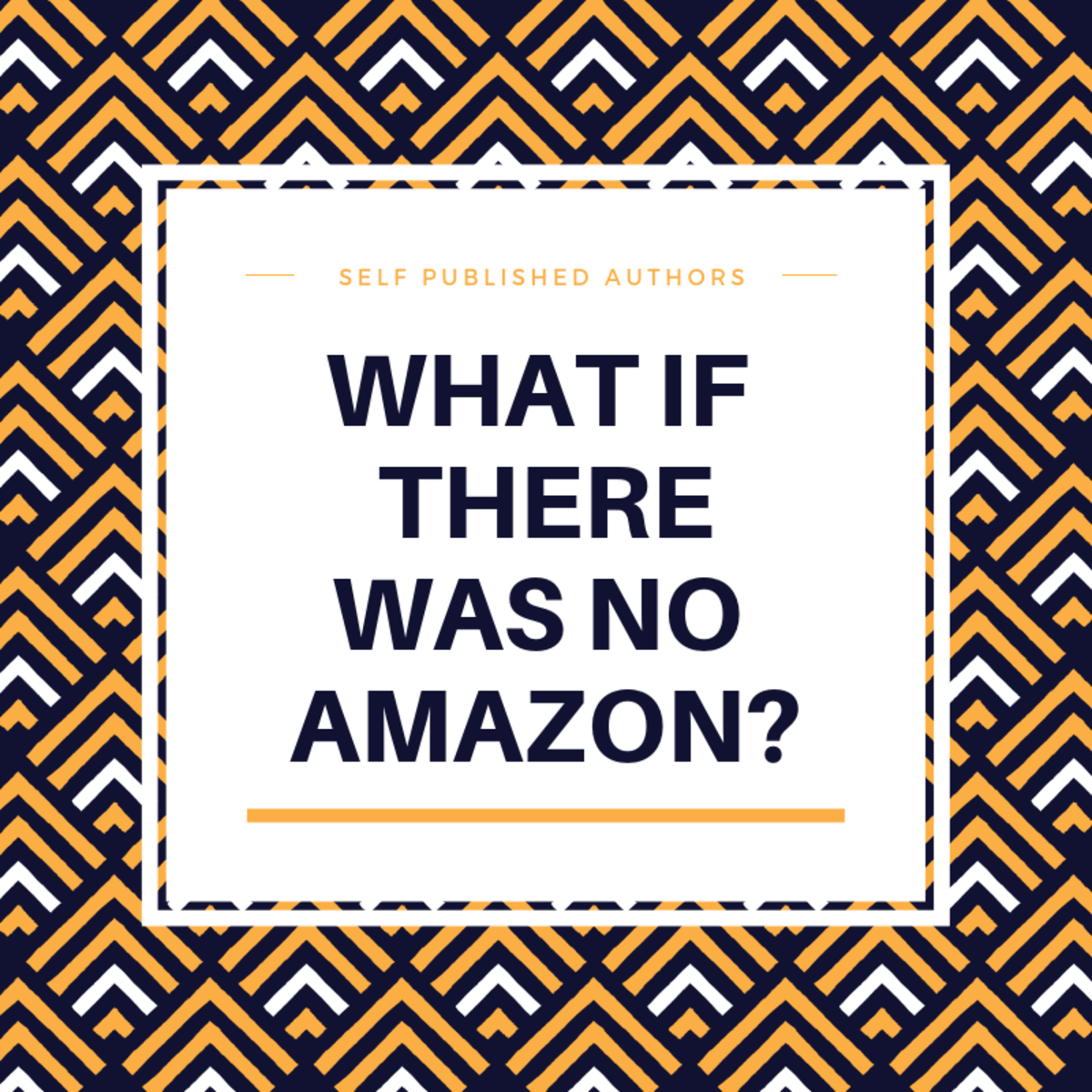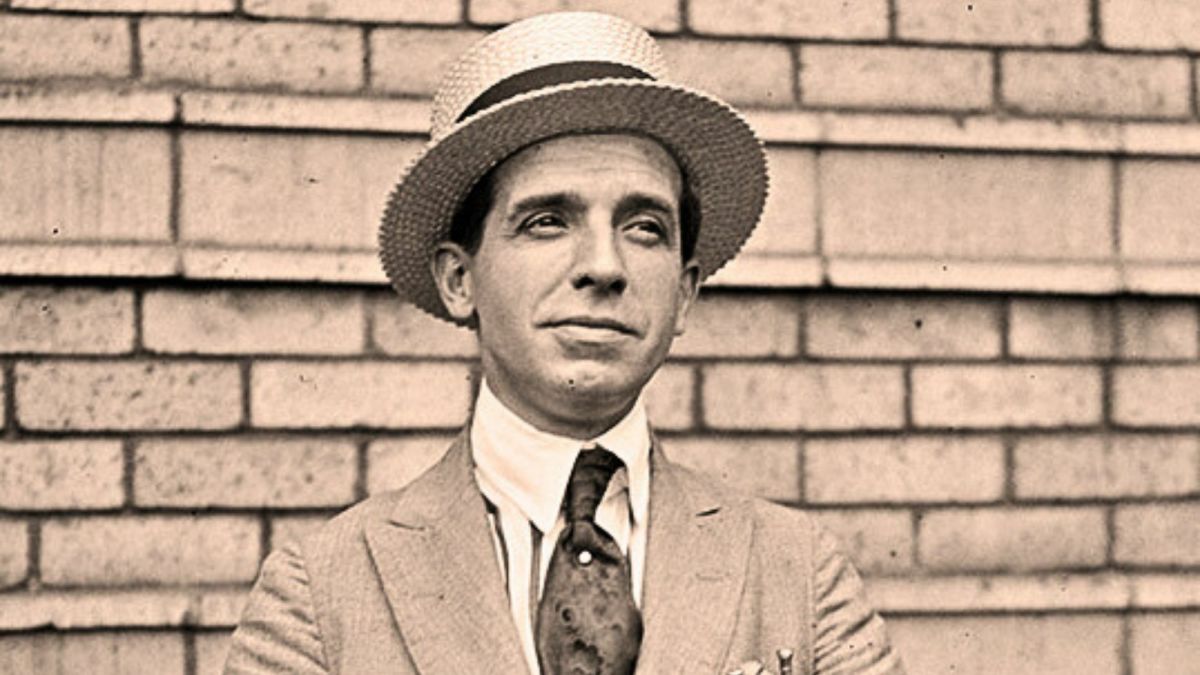Online vs. Brick-and-Mortar Bookstore Buying: A Dilemma

I recently read an article in the Los Angeles Times about Marcus Books (a well-established bookstore in San Francisco) which is protesting Amazon's new campaign which encourages customers to use a smartphone app to scan prices in bookstores. Amazon hopes that the app will drive business back to their website because it will instantly tell the customer how much cheaper it would be to buy the book online through amazon.com. Since Amazon is a huge online seller (a bit like the Walmart of bookstores), small bookstores are severely disadvantaged. Many small, locally-owned bookstores have shut down in cities across the country. They simply cannot compete, much like the small grocery stores which cannot compete with Walmart. Marcus Books gathered more than 11,000 signatures for a petition which will ask Amazon to voluntarily cease the "promotion" so that there will not be unfair competition. Small book stores like Marcus Books are at risk of going out of business which would result in the loss of local jobs and tax revenue.
I am a fan of both online and brick-and-mortar book stores. Buying online is generally cheaper (even with shipping included) but a physical bookstore, even a Borders, has an ambiance you just can't find anywhere else. I spent many days hanging out at my local Borders which had a coffee shop inside. I could browse for a bit, then get coffee and a snack. Many people would pull books off the shelves and bring them to the coffee shop to read while sipping a cappuccino. There were sights and smells, and sometimes a free musical performance on Friday evenings. It often felt more like a library than a bookstore. I would sometimes buy the sale books, but would almost never buy new books at full price because I knew I could get a like-new copy online at a fraction of the price. But Borders, too, closed many of its stores due to slow sales - the result of business lost to the online sellers.
But after thinking about this issue for a long time, I am still faced with a dilemma. In a free market, it is natural for the customer to seek out the lowest price and it is natural for the business owner to seek the highest returns on his or her investment (i.e. maximize sales and profits). There is the old business school saying that the purpose of a (publicly traded) business is to "maximize return to shareholders". A 1970 Times magazine article attributes the original quote to Milton Friedman, the American economist. I am not a business school graduate, but I have enough general intelligence to see that there is a dilemma here. Some businesses take this maxim quite literally so that profit is the only goal, even at the expense of the customers, employees, or the environment. On the other hand, a business is not a charity. Any business which does not keep an eye on the bottom line will soon no longer be in business. Borders Books is a classic example. But in a free market it is usually the customer who can make or break a business because customers voluntarily support or do not support a business. You may shop at a particular store for many reasons (proximity, friendly service, low cost, variety, etc.) though the primary reason is usually cost.
Back to Marcus Books. I am not singling them out because they are facing the same problem as tens of thousands of other small businesses across the country. Marcus Books can ask local customers to continue shopping there even if they have to pay more for the same product. There are "social welfare" arguments for this option. Supporting local businesses will keep people in the community employed, keep local dollars local, help raise local tax revenues, etc. These are all valid reasons. On the other hand, a customer is being asked to choose to pay more for an item they could pay less for somewhere else (online). This is counter intuitive to the customer because it blows away the concept of financial self-interest (which is the fundamental reason people shop for sale items). Yes, you can make an abstract argument that the slightly higher price will result in a greater return when that money filters back into the community, but the argument is a bit too abstract for the average consumer. If you have a low-paying job and three kids to feed you shop at Walmart when you have to buy a week's worth of food. At a certain point the consumer doesn't care about "social welfare". And Walmart and Amazon know this.
In then end, the consumer should be free to make a choice. They can pay the lowest price for an immediate need and disregard the long-term social-economic consequences or they can voluntarily pay a higher price and get to feel good about it. But the choice must remain voluntary. There is another old saying: "One dollar, one vote." People vote with their wallets. If they vote for your business, you win. If they do not vote for your business, you lose. That is the concept of competition in a free market. Yes, there is always the monopoly issue - and I believe monopolies must be carefully controlled. But true monopolies are somewhat rare.
Almost ten years ago, I started selling used books online. I would buy them very cheap at thrift stores or Goodwill outlet stores and re-sell them for a slight profit. But with the explosion of online book sales, even my modest returns were wiped out. I listed books on www.half.com and after a few years it seemed like 99% of my used books were worthless - there were many copies available at the minimum price of 75 cents. At that price I was actually losing money with the sale. I gave that up as a business concept and now just sell the odd book for fun. Am I angry? A bit, but I also recognize the fact that markets change. Either you adapt or you die!
Marcus Books (like any other small business) must change its business model so that it can remain competitive without asking its remaining customer to treat it as if it were a charity. If they fail to change then they will simply go out of business. But, as a fan of brick-and-mortar bookstores, I sincerely wish them the best.







